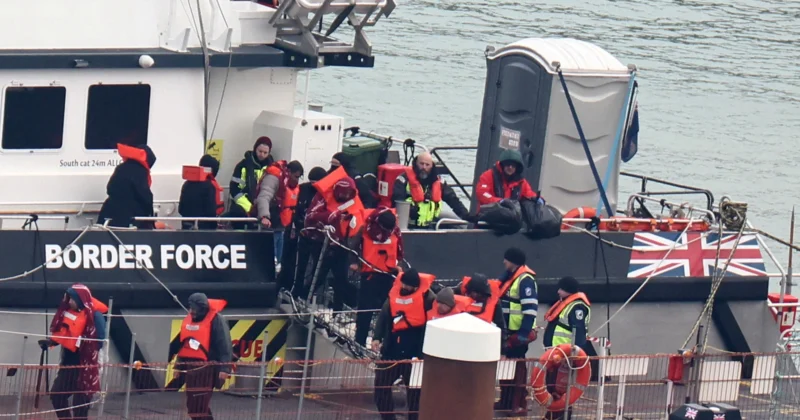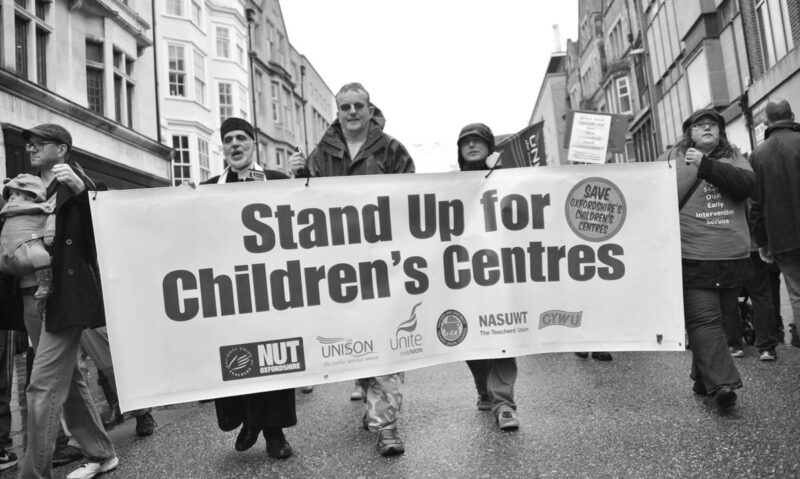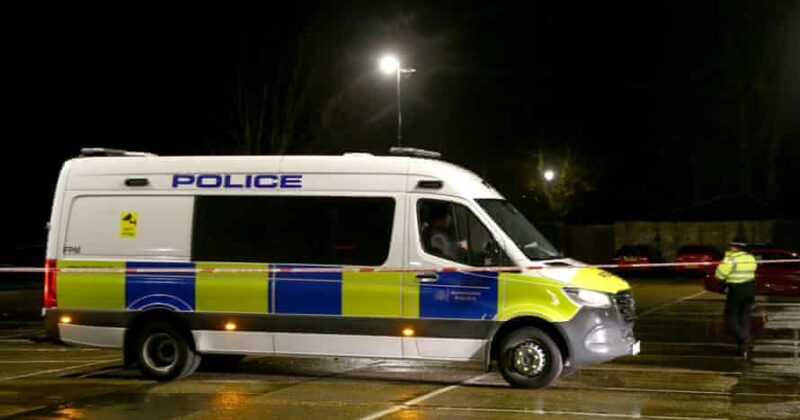Brixton riots 1981: the fight against racism
From the Workers Power archive – April 1981. Mark Hoskisson explains the causes of the Brixton riots, poverty, alienation and systematic racist abuse from the police
 FOR ANYONE WHO knows the situation in ‘Brixton the causes of the “riot” of the 11th and 12th April are as plain as the nose on Home Secretary Whitelaw’s face. Increasing unemployment (there are 13,000 unemployed in Brixton – 1,500- 1,800 of whom are school leavers, mostly black), rampant discrimination against young blacks applying for any of the few jobs that are going, and the massive degree of daily police harassment, all made Brixton a tinderbox waiting for a spark.
FOR ANYONE WHO knows the situation in ‘Brixton the causes of the “riot” of the 11th and 12th April are as plain as the nose on Home Secretary Whitelaw’s face. Increasing unemployment (there are 13,000 unemployed in Brixton – 1,500- 1,800 of whom are school leavers, mostly black), rampant discrimination against young blacks applying for any of the few jobs that are going, and the massive degree of daily police harassment, all made Brixton a tinderbox waiting for a spark.
The racist cops duly provided that spark when they detained a black youth, severely injured in a stabbing on Friday evening. He had to be rescued and ferried to hospital by other young blacks. The flooding of Brixton with police the following day was not a heavy-handed mistake” made by some top cop, but the culmination of a decisive shift in police tactics that has developed in the last period.
Top police Commanders, typified by David McNee, fully backed up by Labour and Tory Home Secretaries, know that as mounting unemployment and poverty lead to sharpening social tensions, so policing becomes more and more a question of “containing” rebellious communities. The ruling class realises that as the slump gets worse they have no solutions to offer to the worst hit sections of the working class. Thus the growing emphasis in the last period has been on not control, the creation of a force of 12,000 specially trained riot police integrated into various levels of the police, and the establishment of local SPG equivalents in every major police force.
The black and working class districts of the big cities necessarily bear the brunt of this growing harassment. In London, Brixton and Lewisham in particular have been concentrated on as potential trouble spots. If you are black, and out at night, in these areas you are likely to be stopped, questioned and searched. The Special Patrol Group in Lambeth and Lewisham are notorious. In 1975, 14,000 “stop-and-searches” took place in a two-month period in 1978 and again in 1979 the SPG conducted massive stop and search operations in Lambeth. In the week before the Brixton clash, “Operation Swamp – 81” stopped and searched over 1000 people. In all these cases large numbers of arrests were made, often under the notorious “Sus” laws, once in the police stations, young blacks are subject to humiliating and racist treatment.
Police policy is to show the unemployed youth in the areas, white as well as black, that the state forces are ready and waiting to contain any trouble. For them, brutal intimidation of the community is a “preventative measure”. Little wonder then that the police responded to the Friday night incident by flooding Brixton with police and that the tinder box exploded as the local population drove the police out of their areas, giving “L-Division” and the SPG a bloody nose.
The response of the police – in the form of the Police Federation, with Whitelaw’s supportive sympathetic mutterings – was predictable. They have called for better riot equipment and for them to be armed for the offensive with CS Gas and water cannons. As the battle lines are drawn, socialists and trade unionists must solidly support the right of black people in Brixton to defend themselves against police occupation and harassment in the same way we support the right of pickets to defend themselves against SPG attacks.
However what is quite clear is that spontaneous explosions of revolt cannot end this police strategy nor solve the underlying problems of poverty, unemployment, bad housing, inadequate schools, etc. Already the police, using the masses of video and photographic coverage of the riots, are arresting large numbers of youth on alleged offences committed on this weekend – over 280 people have already been charged. The question is how can the exploitation and brutal repression of the community be ended?
The black youth and community have seen no small number of Labour and community “leaders” appearing from nowhere with advice and solutions. Self-appointed black spokespeople like the barrister, and ex-Labour councillor, Rudy Narayan, are busy attempting to pose as defenders or the Black community while offering their services as irresponsible” leaders to the Whitelaws and to the police chiefs. His could be the road to “success’ followed by many of the leaders of the black civil rights movement in America. That was made clear by Narayan’s rapid announcement to the press that no march or rally would be held in Brixton on the Sunday following April 11th.
The only community “police” who would be accountable would be the community itself – the trade unions, the tenants associations, black organisations, – organising their own members to defend the community against police attack, to police and defend itself. The Trade Union movement must give the lead in the formation of organised workers defence, and in supporting black self-defence, as the only means of replacing the police of the bourgeois state. Our call should not be for community police but for “Police out of Brixton. Drop all the charges”.
The TUC is now equally concerned about the dangers of areas like Brixton getting out of hand. Jack Dromey, at a special meeting of Lambeth Trades Council was pushing the TUC suggestion that the trade unions in the area should collect evidence from organisations in the area and submit it to the Scarman enquiry! So discredited is this Tory tribunal, staffed by a white Tory judge, that this in probably the only hope that Scarman has of getting evidence from black organisations and individuals.
Scarman served this purpose for the ruling class before when he white-washed the SPG after the police killing of Kevin Gately during an antifascist demonstration in Red lion Square. The official purpose of this enquiry is to find out the causes of this battle with the police and make recommendations to aid Whitelaw and McNee.
But vitally, the Tories and police want this judge to help them develop means for establishing closer working relations between the police and “responsible” community leaders who can help defuse the explosions of rage of Brixton’s oppressed youth. The TUC and the local trade unions should give no credibility to this Tory farce boycott the enquiry! The TUC must set up its own enquiry involving black organisations and local tenants and trade unionists, with the aim of publicising as widely as possible in the labour movement the real role of the police and SPG in Brixton. For a workers’ enquiry into police violence in Brixton!
The crucial need is for fighting unity between black organisations and the trade unions. It is for black and white trade unionists to fight in their organisations to support black self-defence and to mobilise their members to fight police harassment and frame-ups. The problems of black and white unemployed will not be solved by TUC backed “unemployment centres” aimed solely at keeping people off the streets and occupying their time, but only through the formation of a fighting unemployed workers union which, as part of the organised working class, would fight for an end to the very conditions which breed unemployment and poverty.






